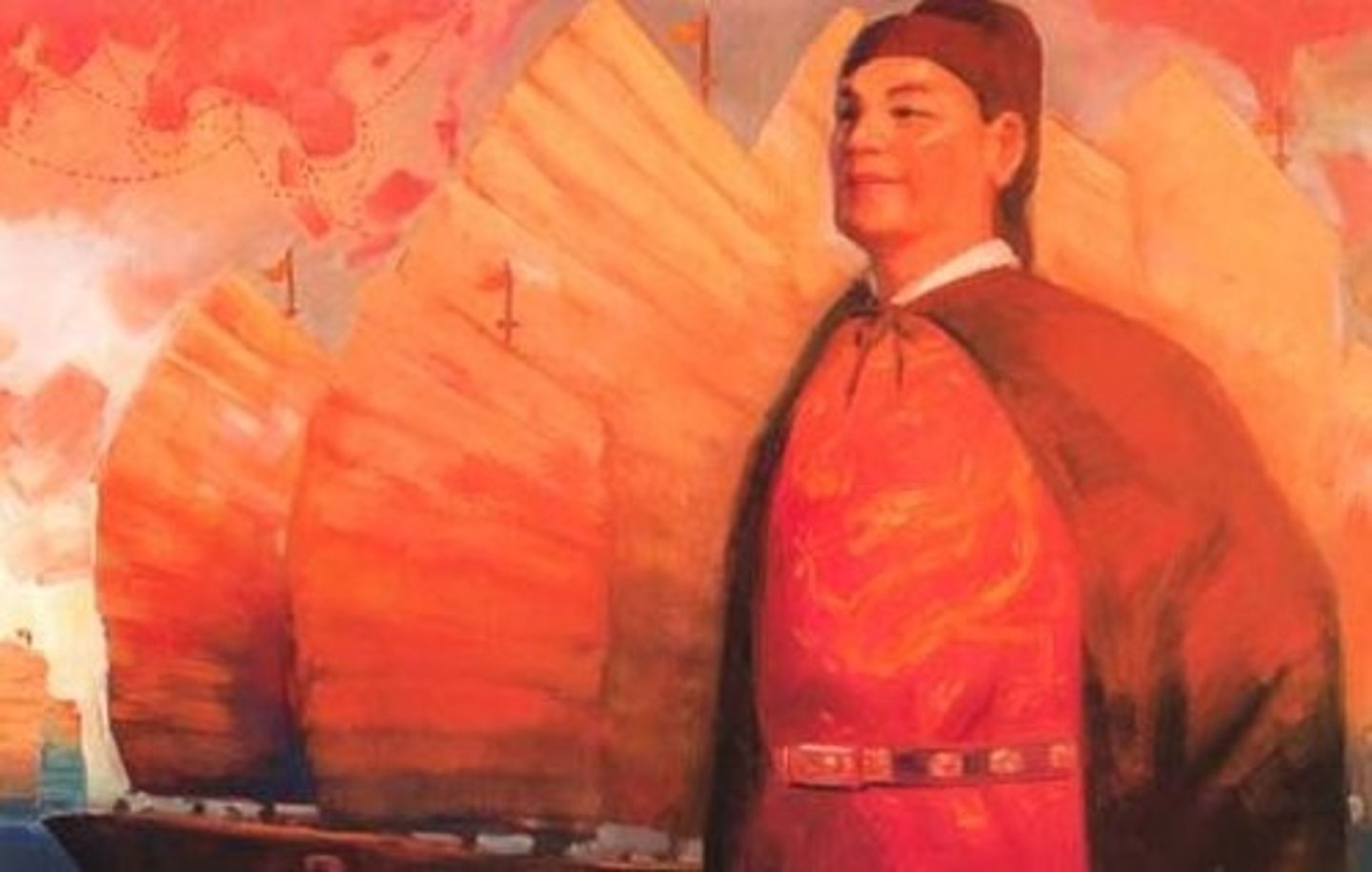Chapter 9 - Expanding Horizons of Cross-Cultural Interaction
1/31
There's no tags or description
Looks like no tags are added yet.
Name | Mastery | Learn | Test | Matching | Spaced | Call with Kai |
|---|
No analytics yet
Send a link to your students to track their progress
32 Terms
Bartolomeu Dias
Portuguese explorer who in 1488 led the first expedition to sail around the southern tip of Africa from the Atlantic and sight the Indian Ocean.
bubonic plague
Also called the Black Death; is believed to be the deadly disease that spread through Asia and Europe and killed more than a third of the people in parts of China and Europe.
Ceuta
a Muslim city in North Africa Prince Henry conquered in 1415; the Portuguese found exotic stores filled with pepper, cinnamon, cloves, and the spices. In addition, they encountered large supplies of gold, silver, and jewels
Christopher Columbus
Italian navigator who discovered the New World in the service of Spain while looking for a route to China (1451-1506)
Desiderius Erasmus (1466-1536)
Northern humanist who wrote In Praise of Folly. Wrote in Latin while most humanists wrote in the vernacular. Wanted to reform the Catholic Church, not destroy it.
eunuch
Castrated males, originally in charge of the harem, who grew to play major roles in government; eunuchs were common in China and other societies.
Francesco Petrarca
humanist who was the first to explicitly use the Classical Antiquity as a model for daily life
Hongwu
Personal name Zhu Yuanzhang, was the founder and first emperor of China's Ming dynasty.
humanist
European scholars, writers, and teachers associated with the study of the humanities (grammar, rhetoric, poetry, history, languages, and moral philosophy), influential in the fifteenth century and later.
Hundred Years War
1337 - 1453 Series of intermittent wars between France and England over the control of modern France.
Ibn Battuta
Born in 1304 in Morocco. Was the greatest Muslim traveler of his time. He covered 75,000 miles and visited almost every Muslim country and China.
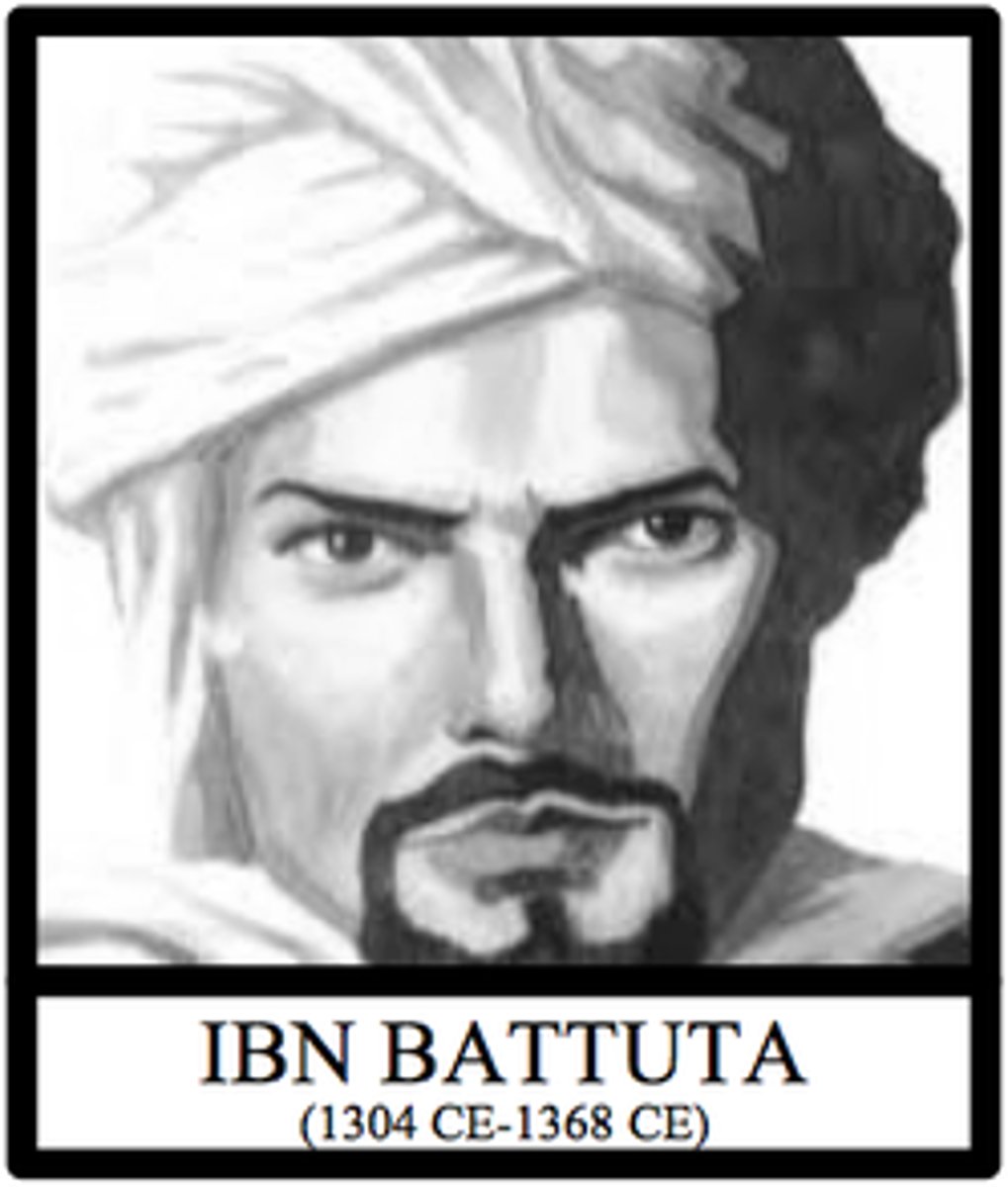
John of Montecorvino
1247-1328 CE. Franciscan missionary who traveled to China in 1291 in order to win converts to Christianity.
Leonardo da Vinci
1452-1519 C.E. Noted Italian painter, sculptor, architect, and engineer of the Renaissance period.
Little Ice Age
Temporary but significant cooling period between the fourteenth and the nineteenth centuries; accompanied by wide temperature fluctuations, droughts, and storms, causing famines and dislocation.
mandarin
a special class of powerful officials sent out as emissaries of the central government to ensure that local officials implemented imperial policy. Used during the Ming Dynasty in China.
Marco Polo
1254-1324 C.E. Italian merchant whose accounts of his travels to China and other lands became legendary.
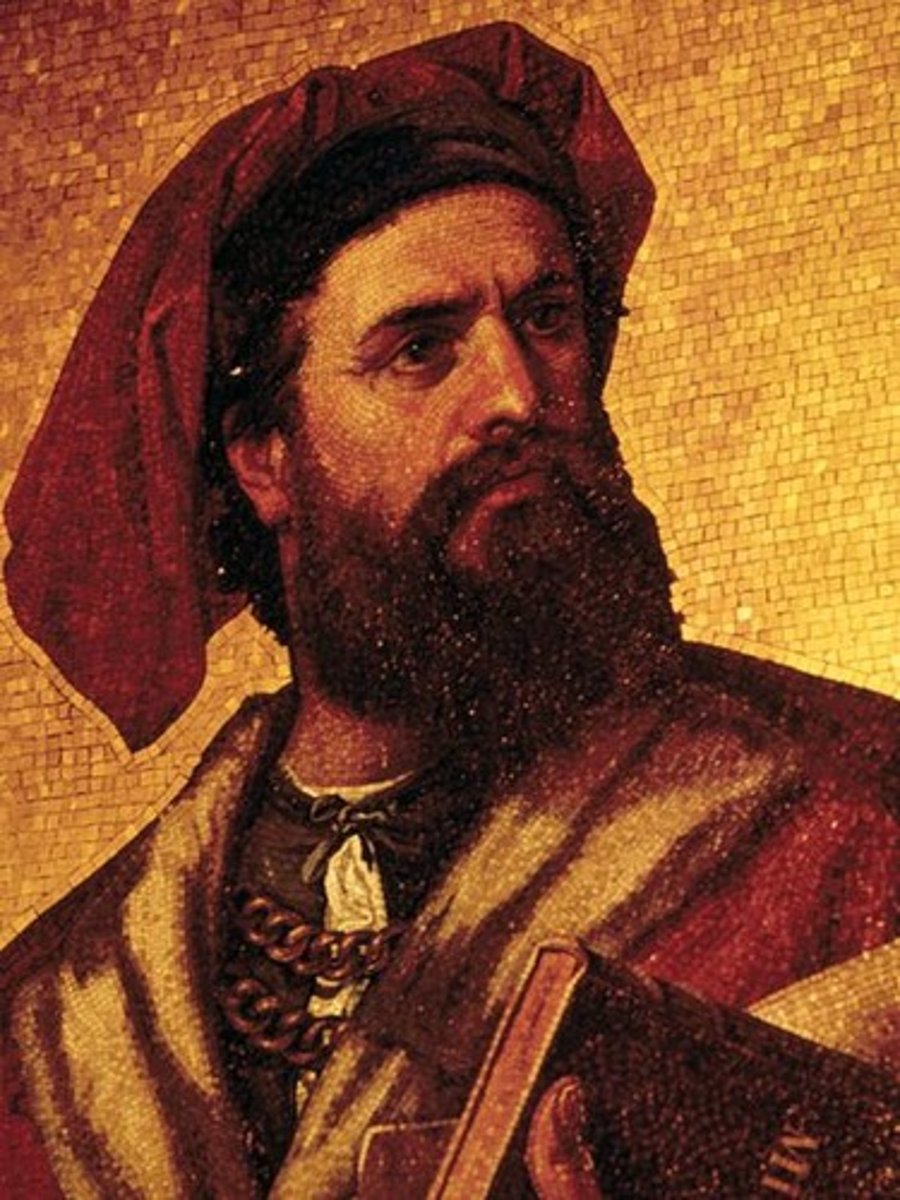
Melaka
Southeast Asian kingdom that was predominately Islamic
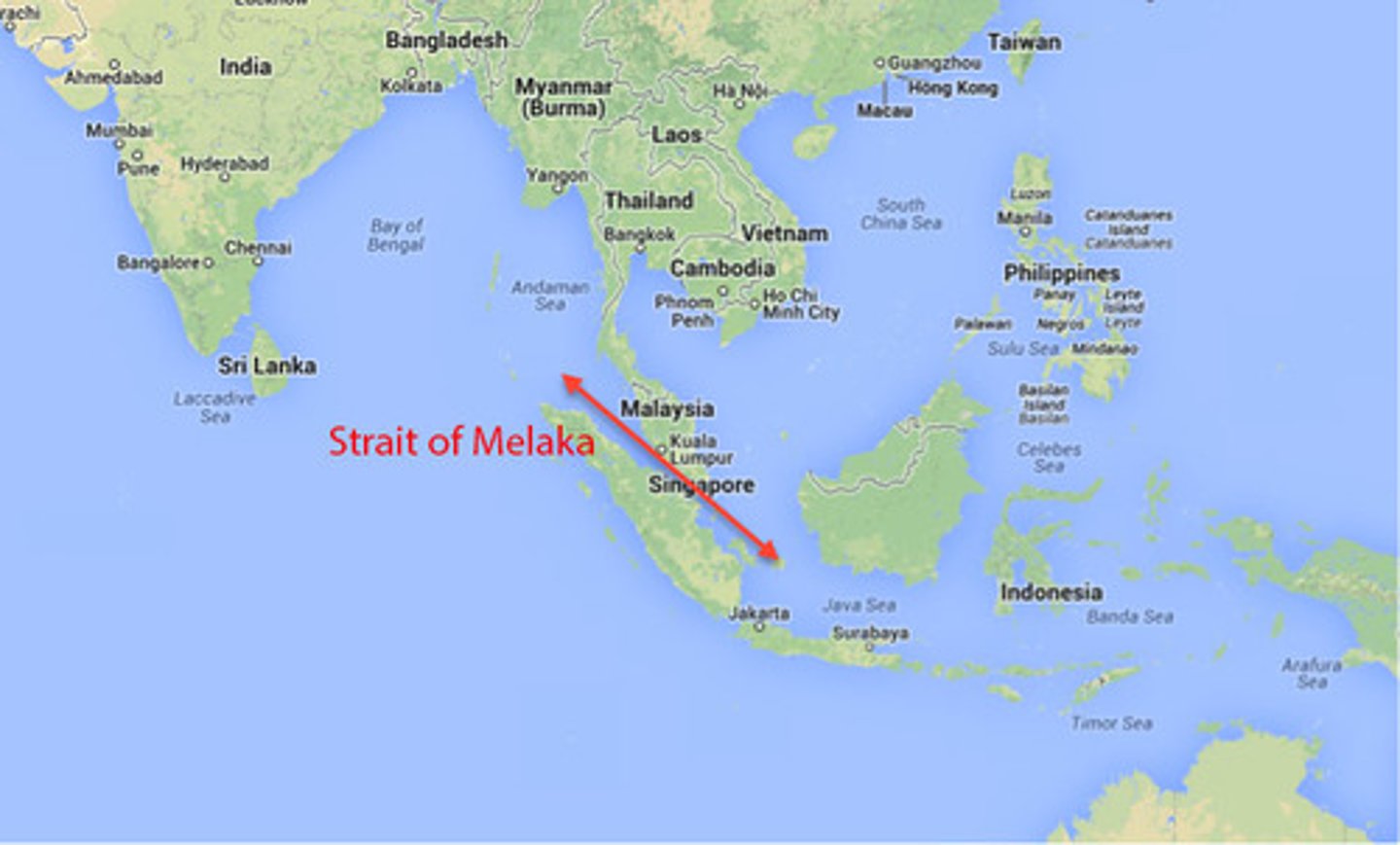
Michaelangelo Buonarroti
1475-1564 C.E. An Italian painter, sculptor, and architect of the Renaissance, whose work shaped the development of Western art.
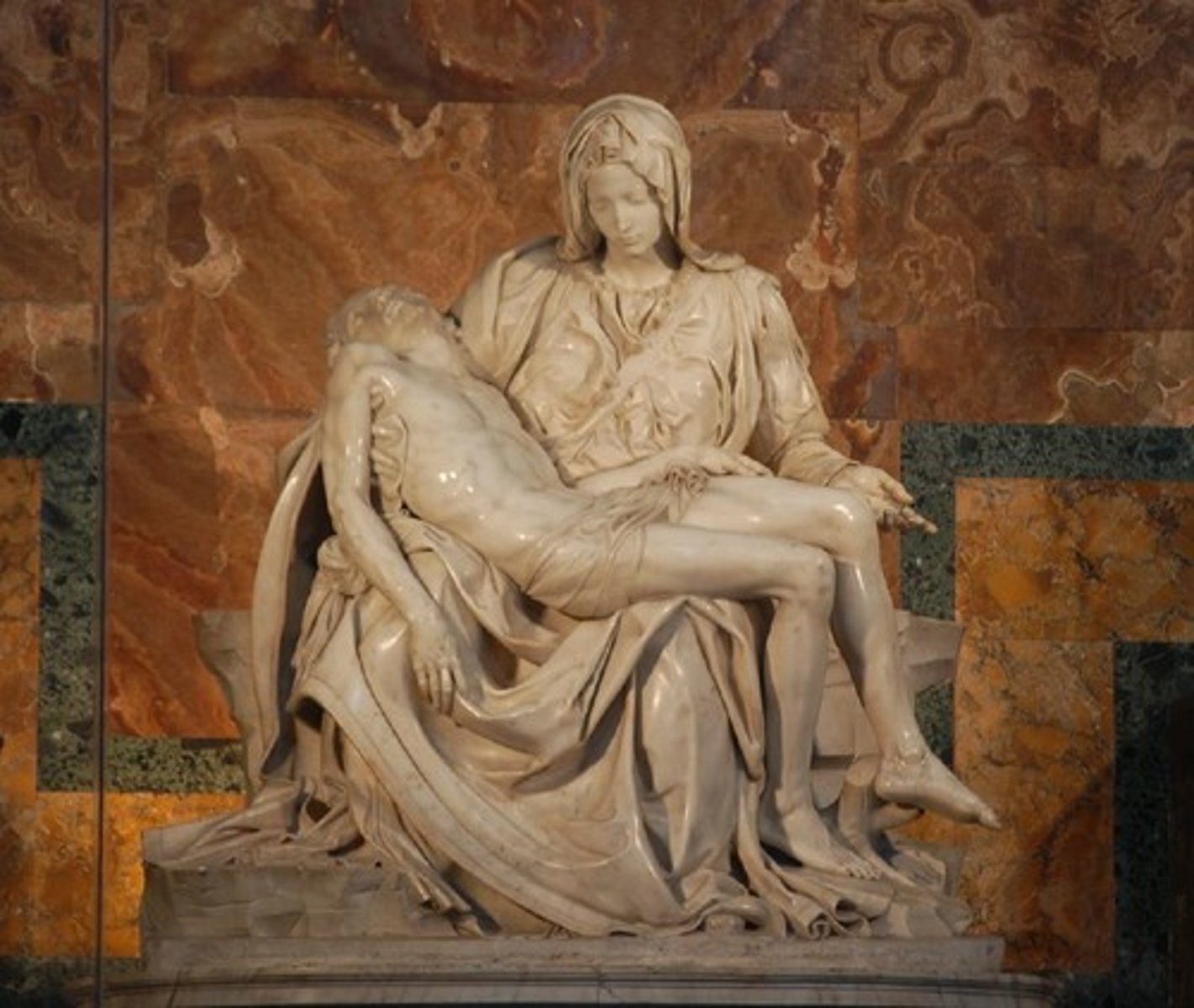
Ming Dynasty
Chinese dynasty (1368-1644) founded by Hongwu and known for its cultural brilliance.
qadi
Islamic Judge
Qing Dynasty
Chinese dynasty (1644-1911) that reached its peak during the reigns of Kangxi and Qianlong.
Picco della Mirandola
1463-1494 C.E. Italian humanist who sought to harmonize the various religions and philosophies of the world.
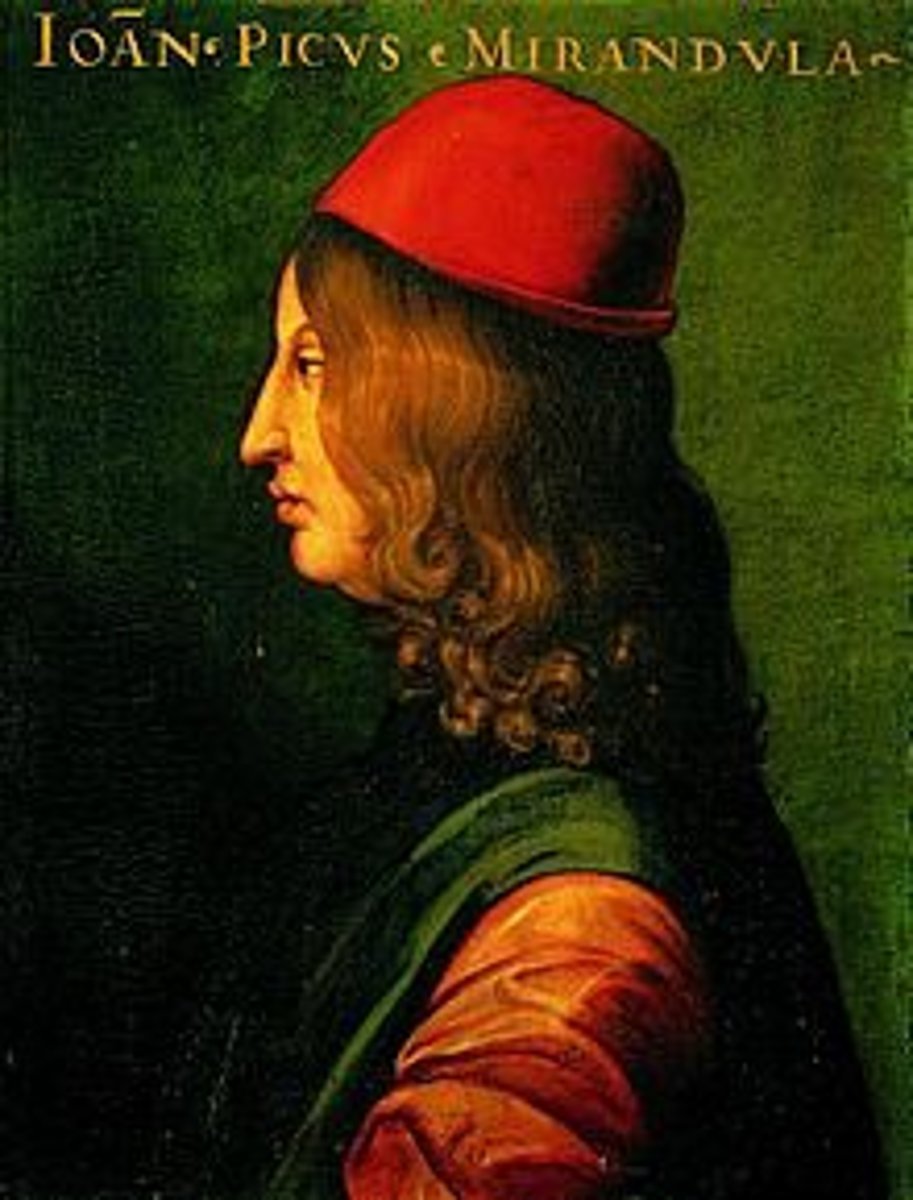
Prince Henry The Navigator
(1394-1460) Prince of Portugal who established an observatory and school of navigation at Sagres and directed voyages that spurred the growth of Portugal's colonial empire.
Rabban Sauma
A Nestorian Christian priest born in the Mongol capital but of Turkish ancestry. He was an envoy to the pope and Europeans political leaders for the the Mongol ilkhan of Persia.
Rennaissance
Means "rebirth". A period of artistic and intellectual creativity that took place from the fourteenth to the sixteenth century and reflected the continuing development of a sophisticated urban society.
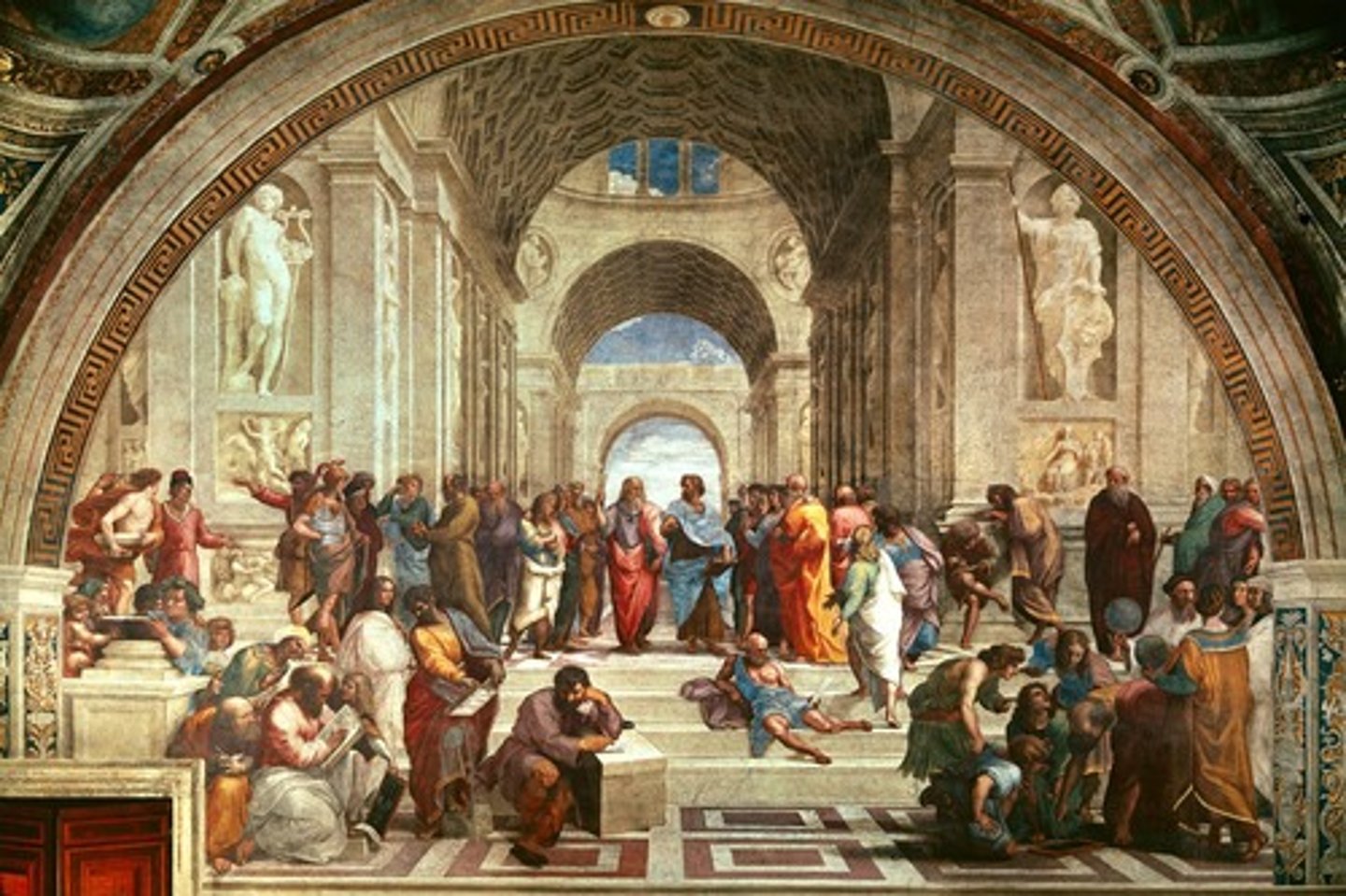
Sharia
Islamic law
slave trade
European trade agreement with Africa dealing with slaves brought from Africa. Integral part of Triangle Trade between the Americas, Africa, and Europe.
Sufis
Islamic mystics who placed more emphasis on emotion and devotion than on strict adherence to rules.
tsar
The Russian term for ruler or king; taken from the Roman word caesar.
Yongle
Chinese Ming emperor (r. 1403-1424) who pushed for foreign exploration and promoted cultural achievements such as the Yongle Encyclopedia.
Yongle Encyclopedia
Ming - China - collection of Chinese philosophical, literary, and historical texts.
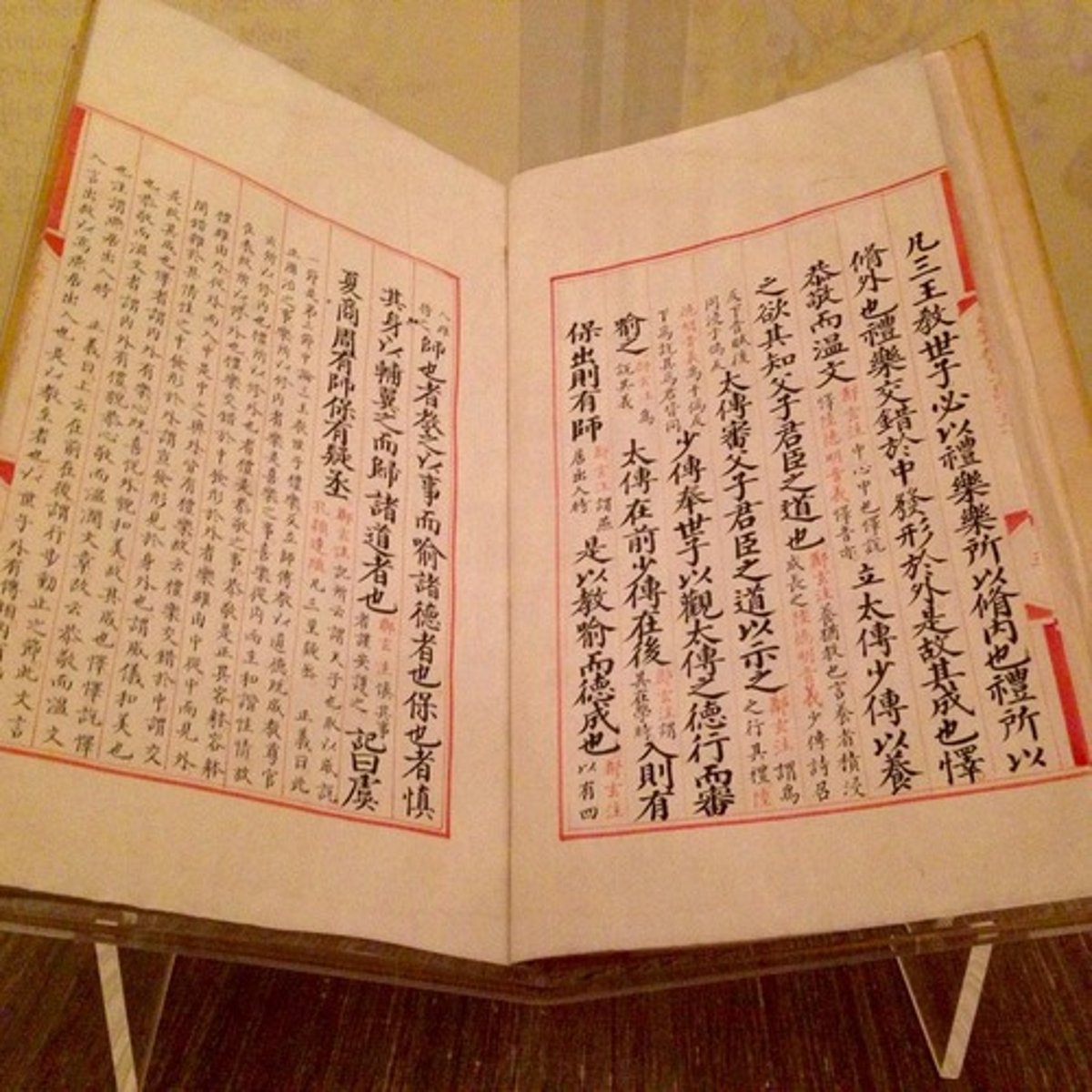
Zheng He
1371 - 1433 C.E. Chinese mariner, explorer, and admiral during the early Ming Dynasty who traveled as far as Malindi in East Africa
